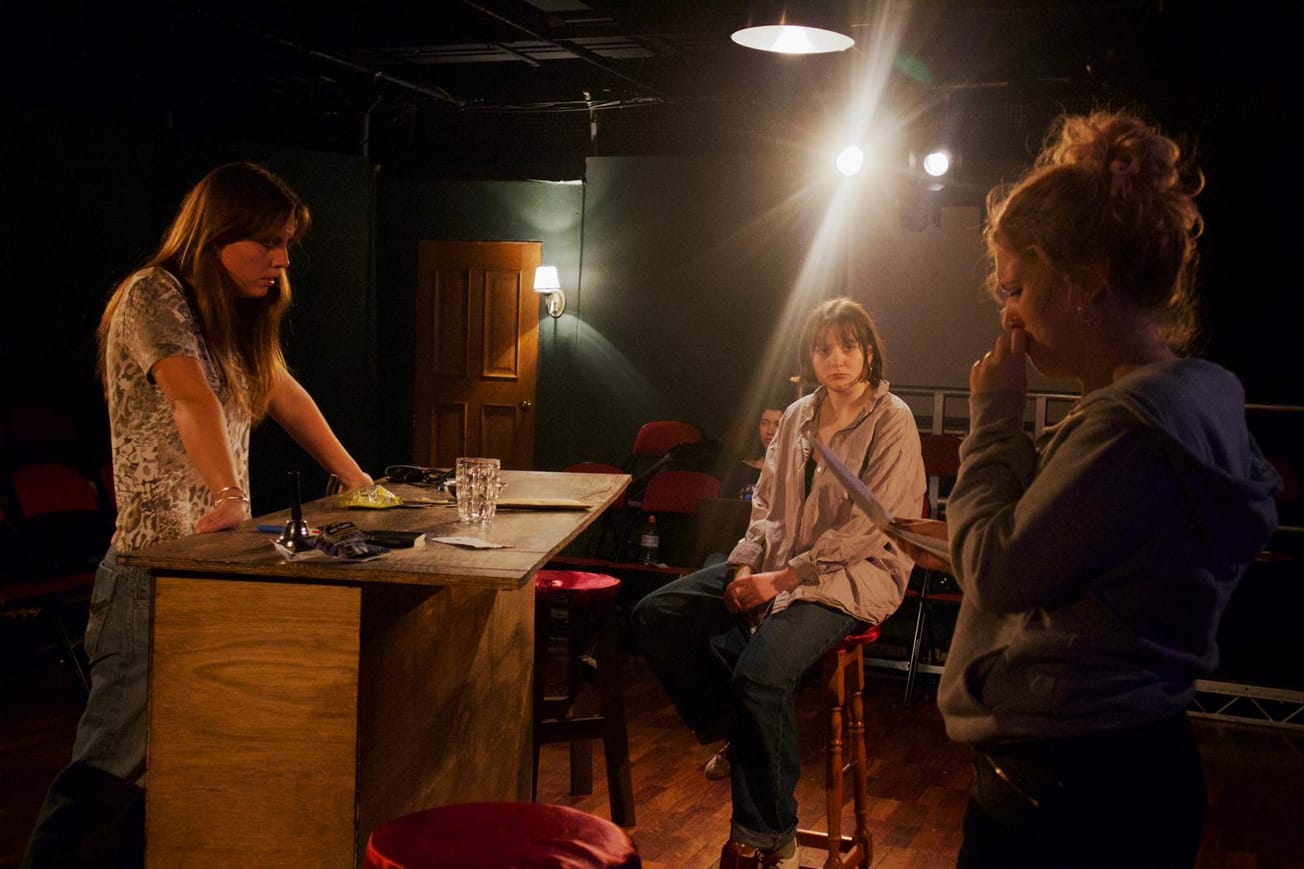By Alex Creighton, Deputy Opinion Editor
Student politics is important.
A scan of the headlines or a flick through history books will show you how true this is. In the last month, Bangladeshi youth and student groups successfully deposed the autocratic leader Sheikh Hasina. In the last year, we’ve seen a global outcry from students and many others against Israel’s war in Gaza. This century, the Occupy movement, the Save Darfur Coalition and countless other acts of collective student resistance have helped push back against government mismanagement, discrimination, violence and injustice.
Student politics can be effective, exciting and emancipatory. Student politics is important. This much is clear. But that doesn’t mean it’s straightforward.
In this article, I’ll tell you why you should get involved despite apparent complications and provide a three-step guide to what makes effective and well-thought-out student activism.
Firstly, let’s deal with these complications head-on. Are they so significant that students should think twice about organising behind a common cause?
CAMPUS PROTESTS LATEST: https://t.co/hB9LyQtFSZ
— NBC News (@NBCNews) May 1, 2024
• Violent clashes between the pro-Palestinian encampment and counterprotesters at UCLA
• ~300 arrested at Columbia and CCNY
• USC president condemns swastika drawn on campus
• Encampments remain at 40+ colleges nationwide pic.twitter.com/H3b6wNBDiG
In media, conversation and literature we often see student protest portrayed as a negative force; protest is disruptive, violent and disorganised. This narrative can complicate altruistic motivations we might cite as reasons for activism, making getting involved more complex.
But these narratives aren’t the whole picture.
Let’s take a closer look. Media outlets provide us with a great deal of the information we consume about the world. As a result, they play a large part in creating narratives about activism.
These outlets also make money through clicks, creating a formula which incentivises sensationalism. More excitement means more views which means more eyeballs on more adverts. This means that the protests covered by the media are usually the most disruptive ones. A case in point is the social movement Black Lives Matter (BLM). BLM protests in 2020 received greater coverage on the occasions when violence occurred than their many peaceful demonstrations. The media didn't cover the hours of stakeholder meetings, peaceful marches and years of grassroots organising that never culminated in confrontation. In other words, we’re provided with the narrative that student activism- and political activism more broadly- is characterised by violence and disruption when the truth is far more nuanced. So, whilst we might be told stories about how negative and violent movements like these can be, we shouldn’t always believe them.
Understanding this helps paint a more accurate image of political involvement. Not violent but deliberative. So if you have an issue you’re passionate about, or see a problem you think needs solving, you shouldn’t let bad press put you off.
Instead, you- or rather, we- should get involved and get our voices heard.
But what does ‘getting involved’ look like, and how can we navigate the complexity of the political world?
Here are a few tips.
Activism is best practiced when well thought out. That’s why education should be the first step of political involvement. This can take many forms. Education can be found in the pages of books, the columns of a newspaper or the frames of a video. Regardless of how you go about it, the goal should be to become better informed about the issues you care about.
However, education is a process, not a goal in itself. At some point, you have to take your knowledge into the world and see how it compares with other people’s understanding. To do this, you have to organise with others. Here you can build solidarity, be part of a community and continue to develop knowledge through action. Perhaps a discussion group, political party, charity or student society will be your platform.
The final step is reconstruction. Reconstruction means putting your ideas into practice and enacting the change you want to see. What this looks like isn’t for me to say, but for you to decide.
Educate, organise, reconstruct. This mantra provides a rough guide to getting started with student activism, but the rest is up to you.









